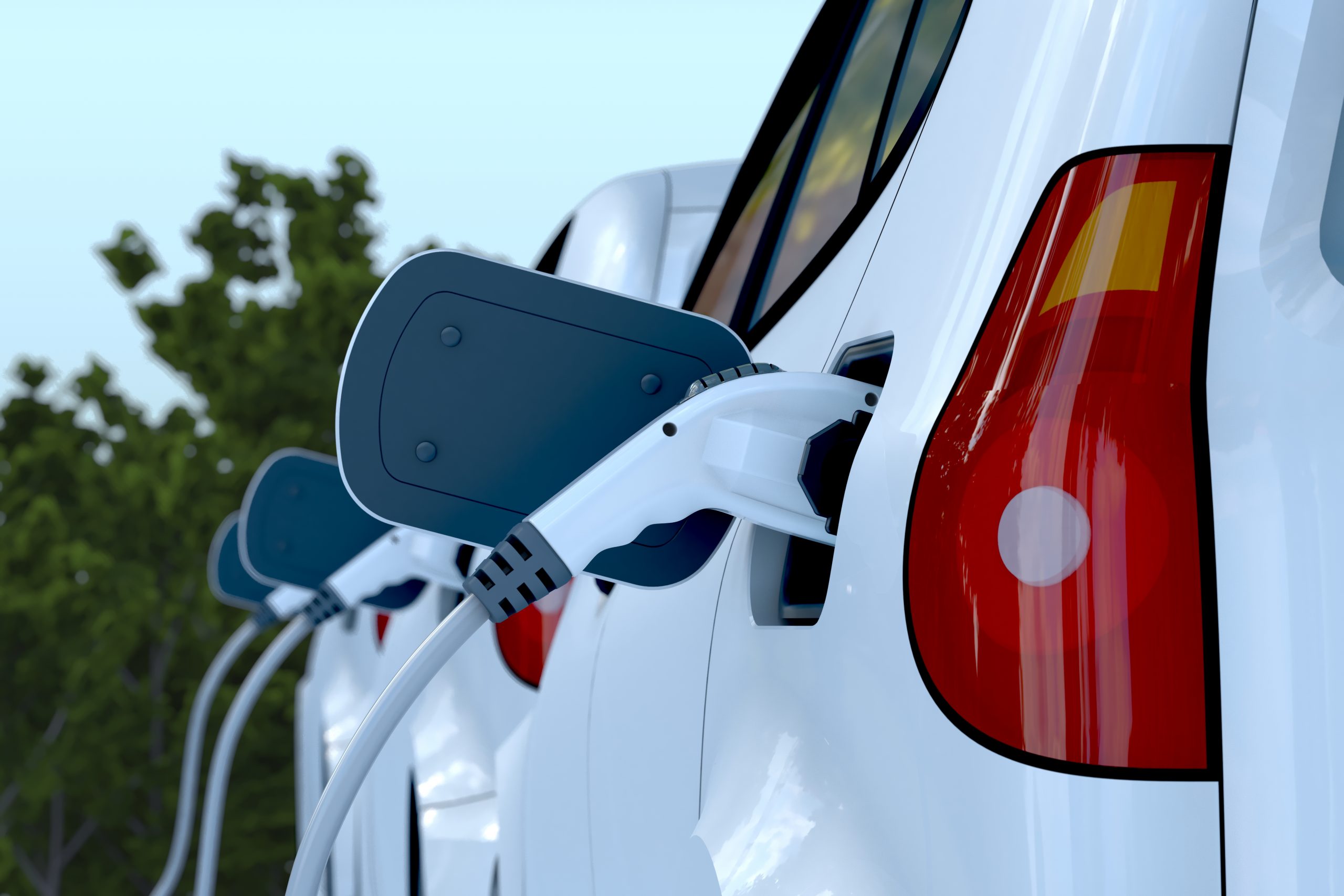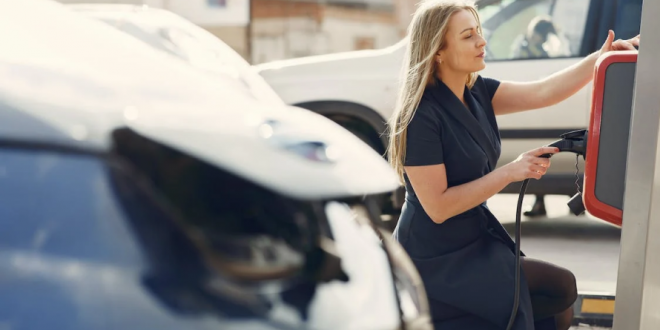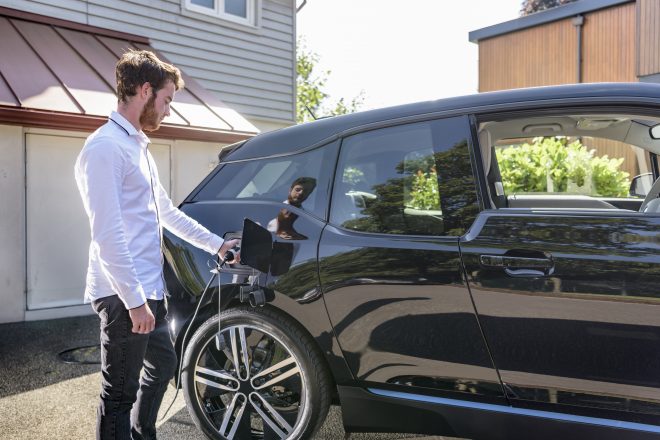What does an electric car cost, and what are the differences from a petrol-powered car?
X minutes reading time
If you want to buy an electric car, the cost is the first thing you probably look at. It is important here that you look not only at the purchase price but also at costs such as usage, tax, insurance and maintenance. In this article, you can read more about the cost of an electric car and how it differs from a petrol-powered car.

Purchase
An electric car is often more expensive than a comparable petrol car. The costly battery pack of an electric car is the main cause for this difference.
Another point to consider in your comparison is that electric cars are often powerful and richly equipped models. They are comparable to the more expensive petrol and diesel models. Of the inexpensive entry-level petrol-powered models, there are hardly any electric counterparts. This can make the difference in price between petrol and electric cars seem even greater.
Energy costs and consumption
What the litre is to petrol, that is kilowatt hours to electricity. How much you spend on energy costs depends primarily on the electric car’s usage. A mid-range electric car (for example, the Volkswagen ID.3) consumes about 15 kWh of electricity per 100 kilometres.
Be careful where you charge because the price for a kWh can vary considerably. The cheapest is charging at home at your own charging point. You then pay the same electricity rate to charge your car as you do to run your appliances and lights. You’ll pay a little more at a public charging point, and fast charging along the highway is the most expensive.
Note: Due to increasing energy prices (December 2022), your home rate may be more expensive than charging with your charge card at public charging stations. So you should carefully compare your energy provider’s rates with those of your charge card provider. With the ANWB charging card, for example, you pay €0.60 per kWh at a public charging point in the Netherlands (excluding costs of a charging session or subscription).
So how much “electric fuelling” costs depends very much on how you charge your electric car. If you have solar panels at home, then switching to electric driving obviously becomes even more interesting.
Insurance
Because electric cars are relatively expensive as well as being heavier than petrol cars, monthly insurance premiums also tend to be more expensive. On average, the difference in insurance premiums between an electric car and a petrol-powered car is about €230 per year. If you have a lease car, the ratio of different cost components is slightly different.
Road tax
All motor vehicles registered in the Netherlands are subject to tax. You pay motor vehicle tax for this. Until 2024, however, the motor vehicle tax for electric cars will be waived. This ensures that you now have an additional financial advantage. A savings of about €60 to €100 per month. That’s worth it! What will happen to motor vehicle taxes after 2024 is not known at this time. There are plans to move from a property tax to a usage tax by 2030, with taxation on a per-kilometre basis. As far as is known now, this usage tax will also apply to electric cars.
Maintenance
All motor vehicles registered in the Netherlands are subject to ‘Motor Rijtuigen Belasting’ or Motor Vehicle Tax. However, until 2024, the motor vehicle tax for battery electric cars will be waived. This ensures that you have an extra financial advantage. A saving of about €60 to €100 per month, depending on the weight of the vehicle.
- In 2024, the discount for fully electric vehicles (BEVs) will still be 100%;
- In 2025, the discount will be reduced to 75%;
- From 2026, the discount will be 0% and BEV drivers will therefore pay the full MRB.
There are plans to switch from a property tax to a use tax by 2030, where taxes will be levied per kilometer. As far as is currently known, this use tax will also apply to electric cars.
Residual value
Every car decreases in value annually. If you express this decrease in value in monetary terms, we call it depreciation. After four years of driving, an electric car is still worth about half of its new price. This is comparable to the depreciation of a medium-sized petrol car. A diesel car is worth just over 40 percent of its new price after that period. The number of kilometres driven affects the remaining value of all types of cars. The more kilometres that have been driven, the lower the resale value.
It is difficult to predict future depreciation for electric cars. Technology is developing rapidly. As a result, electric cars are ageing relatively quickly. On the other hand, electric cars are inexpensive to run. This means that even used, electric cars are still interesting to many people.
Conclusion
Although electric vehicles have higher initial purchase costs, they can be more cost-effective than petrol cars in the long run. Electric vehicles offer a more sustainable and financially sensible choice with lower fuel costs, reduced maintenance and the ability to use renewable energy. Both for individuals and for our society.
Governments, manufacturers and consumers must continue to invest in and reap the benefits of electric vehicles. By pursuing further cost reductions, improving charging infrastructure and promoting green energy sources, together, we can accelerate the transition to electric mobility.


